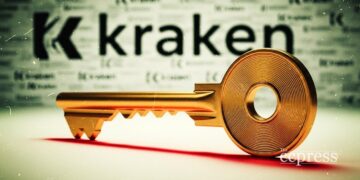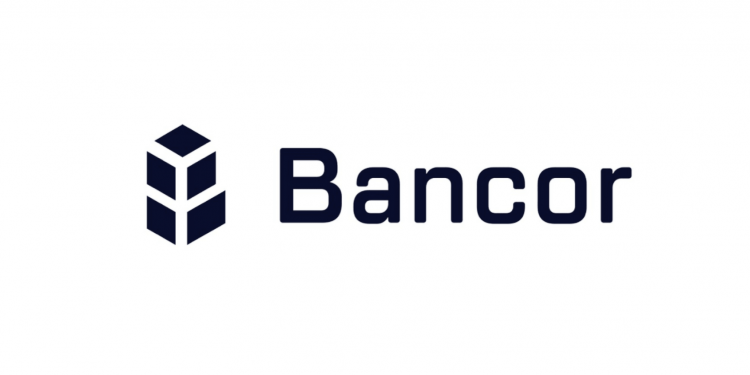Bancor, one of Ethereum’s most popular and valuable decentralized applications is expanding the EOS blockchain.
According to a company statement, the “decentralized liquidity network”, which allows users to exchange a number of Ethereum-based chips without depositing money or making transactions on a stock exchange, contributes this EOS capacity.
The new product between channels, called BancorX, allows users to exchange selected EOS tokens that have not yet been specified, as well as EOS and Ethereum tokens.
“Bancor is now moving towards an inter-channel liquidity protocol,” the company said in the announcement, adding that it has released a code for smart open source contracts in EOS that allows users to log in with the protocol to experiment with a test environment.
The announcement of the Bancor transaction stated that the blockchain network is faster than Ethereum’s and its lack of fees, as opposed to the often-expensive gas rates Ethereum users have to pay to celebrate smart contracts.
In addition to the lack of tariffs, Bancor said that EOS is eliminating the “risk of prior administration” as transactions are not prioritized in return for higher rates.
However, it must be kept in mind that although EOS transactions are free to users, implementing dapps in the blockchain for developers may be costly unless they choose to transfer costs to users.
One of the characteristics of EOS, which Bancor’s announcement did not mention, but can be applied to Bancor’s offer, is the capacity of a large majority of network block manufacturers to provide the chain of EOS blocks in a similar way to that of Ethereum Miners: to cancel transactions.
Although block manufacturers cannot eliminate completed transactions, they can forcibly transfer tokens from one address to another.
Bancor communications director Nate Hindman denied that this EOS feature had affected Bancor’s decision to expand into the network and reiterated the benefits mentioned in the company’s announcement: faster transactions, more zero cost and resistance to diffusion.
Bancor took advantage of these abilities following a security breach in July when the BNT transfer blocked 2.5 million chips worth about $ 10 million at that time. However, the company could not prevent the theft of ethers in the amount of about 12.5 million dollars.
Unlike Ethereum, EOS allows reference to alleged cases to arbitration and guarantees that block manufacturers recover the damage through accepted methods, though controversial.
Bancor protocol already used on the EOS network to create the market RAM, a necessary resource to create EOS accounts. Bancor also operates a block producer, LiquidEOS.



























